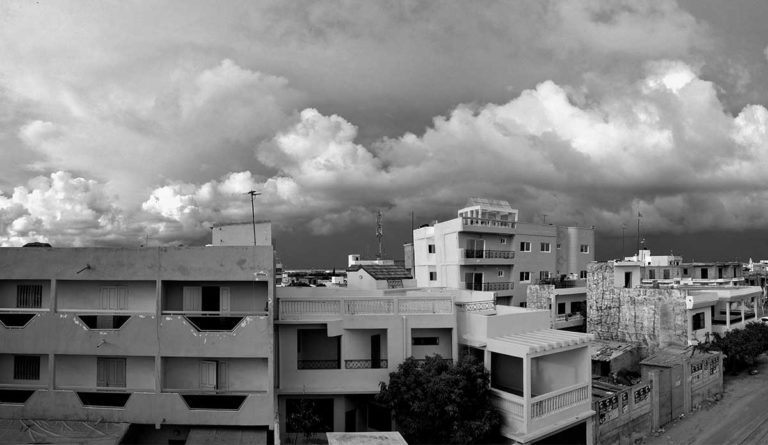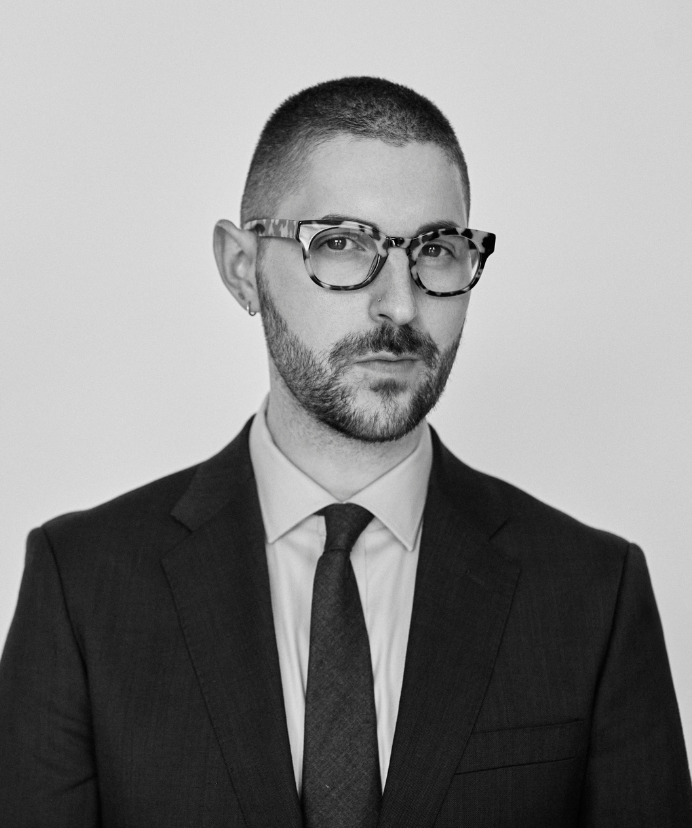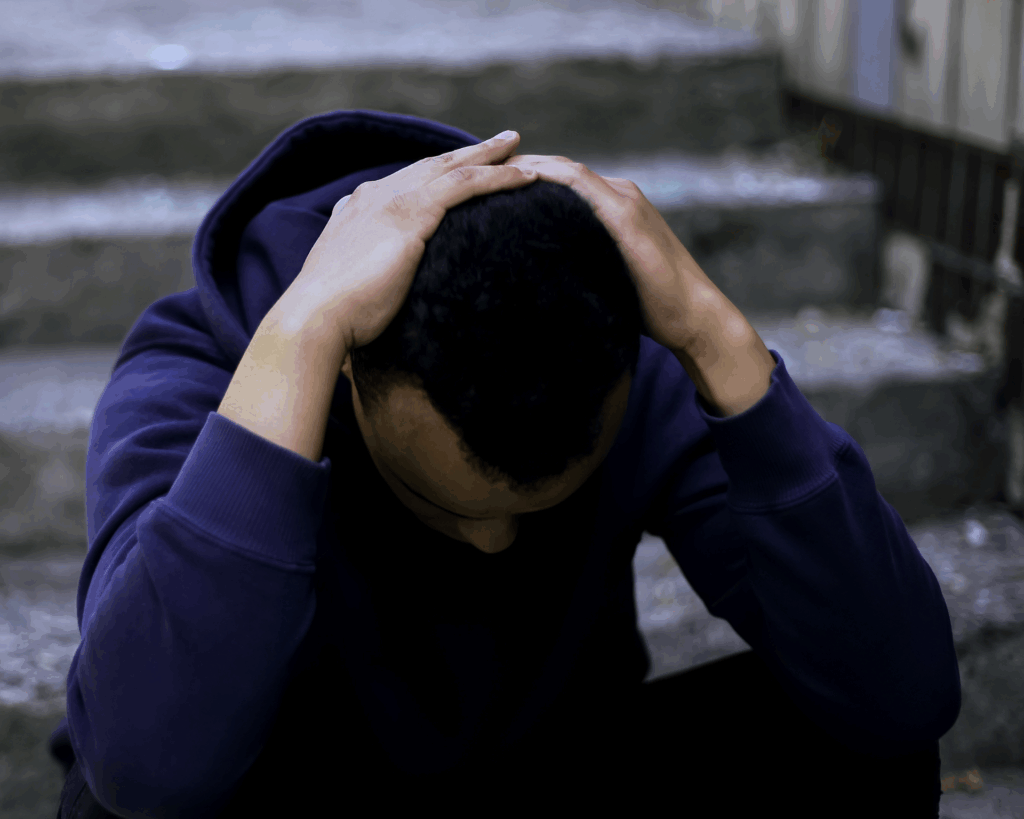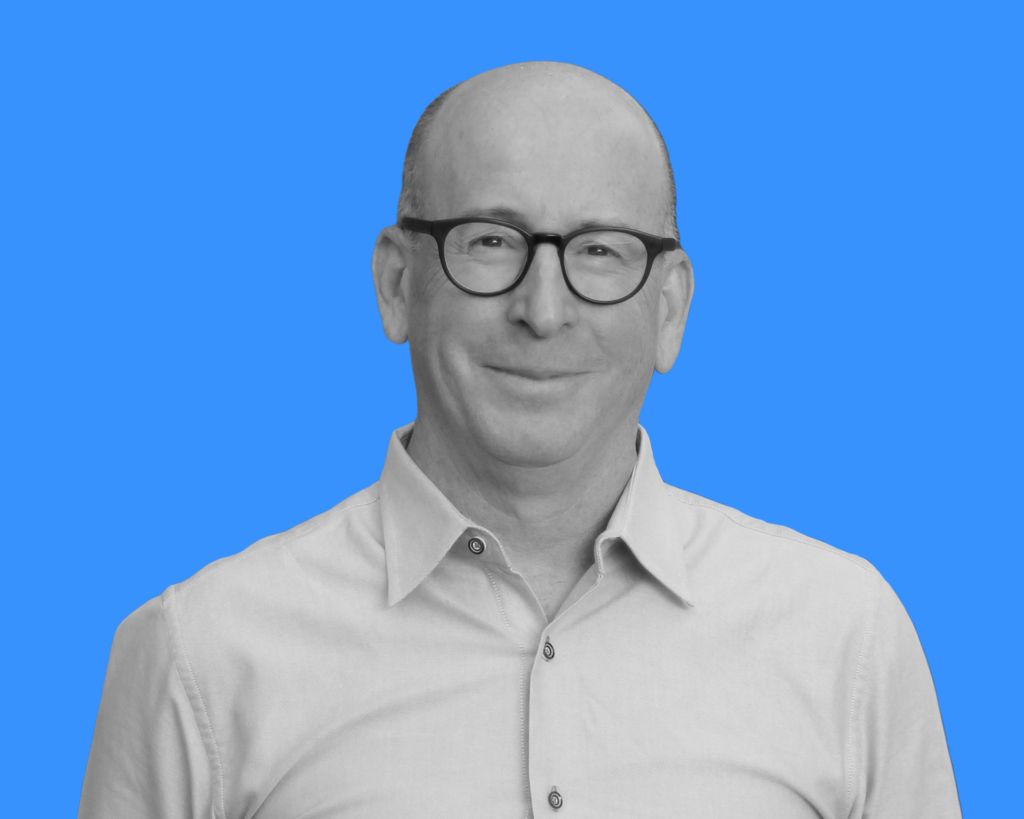Hiding in Homophobia as a Gay Student in Senegal
Part one of PHP's four-part series on LGBT health in Senegal.

Read Time: 5 minutes
Published:
There was a case of Ebola in a nearby neighborhood, and I was tested for malaria, but nothing proved to be more feverish than living as a gay student in Dakar during my senior year of college. I wouldn’t have survived Senegal without my running shoes and a pen. Jogging along the Atlantic Ocean and journaling in my notebook allowed me to escape from hiding in the closet once more.
In August 2014, I traveled to Senegal to spend four months interning for a global health organization and learning Wolof . I made an unconscious decision to study in an anti-gay space and never realized I was to hide in the closet once more because Senegal is one of 38 African countries that penalizes homosexuality. During my four months abroad, I lived as an American in Senegal speaking Wolof in the streets and French at home, all while lying about my sexual orientation to my Senegalese host family and friends. Speaking a new language, living in a new place, and taking on a new family name only augmented my crise d’identité.
An American living abroad, I followed Senegalese law. Penal codes 320 and 321 define homosexuality as an “act against nature,” and perpetrators can face one to five years in prison coupled with a $3,000 fine. Living openly gay in Senegal was dangerous. Months before my arrival, the Associated Press reported the story of two Senegalese men who were sentenced and imprisoned in Dakar on charges of homosexuality.
Senegal is not the only country in francophone West Africa to codify systemic homophobia. Gay Gambians flee to Senegal to escape President Jammeh’s crackdown because the situation is often more precarious for LGBT citizens in Banjul than in Dakar. He hopes to “fight these vermins [sic] called homosexuals or gays the same way we are fighting malaria-causing mosquitoes, if not more aggressively.”
My host family asked if I had an American girlfriend, and I lied saying yes. Senegalese friends would ask if I was looking for a Senegalese wife, and I bashfully laughed.
In a Saharan village near Mauritania, a woman offered her sister to me within minutes of first meeting, and I smiled uncomfortably. During a presentation on the role of women in Senegalese society, I retold that story, and my professor asked if she was pretty. I feared telling him that I was gay in class because I didn’t know how it would affect my grade in the course.
My host family asked if I had an American girlfriend, and I lied saying yes. Senegalese friends would ask if I was looking for a Senegalese wife, and I bashfully laughed.
During dinner with my host family, the news reported about same-sex marriage in Italy. My host brothers stared at the news unwillingly and then quickly changed the channel. I put my head down while continuing to eat communally around the bowl with them, which is supposed to be an expression of hospitality.
After the first two months of my program, I needed an outlet. I contacted Djamil Bangoura who established Association Prudence, Senegal’s largest LGBT health and human rights advocacy group. He met me for coffee to introduce himself, the community, and his work. Bangoura’s welcoming me to the community and his organizing LGBT Senegalese shaped my own research interests within global health. His ability to improve health outcomes for vulnerable populations moved me to focus on sex, sexuality, gender, and health in francophone Africa. The silence about LGBT health in Senegal also moved me to hear their voices.
In May 2016, I returned to Senegal for another three months as a graduate student from the Boston University School of Public Health to interview men who have sex with men (MSM). Bangoura connected me with six MSM willing to share their coming out stories, their experiences facing stigma, and their scars. Once they finished praying and preparing tea, we met at Prudence’s Dakar office.
Prudence invited me several times to their organization, and we spent weeks together interviewing and discussing gay life in Senegal and the United States. After one of our interviews, Amadou asked me how I felt about the Pulse shootings, a hate crime and terrorist attack that targeted our community during Pride month. He was the only Senegalese to reach out to me about Orlando, and I so appreciated his empathy. Amadou’s gesture revealed the commonalities between American and Senegalese MSM, even if 3,694 miles separate our LGBT communities.
I continued to lie to my host family and friends about my research upon returning to Senegal. Knowing I needed to disguise myself like my brothers at Prudence, hiding my sexual orientation once more became a way to find a safe space. The Senegalese LGBT community will continue to hide in homophobia , and it seems unlikely that I will see them accepted and integrated. That’s part of what made leaving and returning to Senegal so difficult for me.
Editor’s note: This is part one of a four-part series on LGBT health in Senegal. Click here to read parts two, three, and four.
An earlier version of this article was published in the Albion Pleiad in January 2015. The informants’ names are changed to protect their safety.
Feature image: Jeff Attaway, Dakar Rain, About to rain…, used under CC BY 2.0/cropped from original



